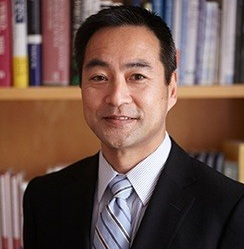Population Research Discovery Seminars

Income Inequality and Health
Ichiro Kawachi, School of Public Health, Harvard University
02/21/2017
12:30-1:30 PM PT
Co-Sponsor(s):
School of Social Work
Inequality in the distribution of wealth and income has grown steadily in American society for the past forty years. It is about as skewed today as it was in 1928. Inequality in the wake of the 2008 recession is widely perceived as unfair, as stifling of economic opportunity, and as a threat to the democratic function. But is it a threat to population health? In this talk, Dr. Ichiro Kawachi will summarize the contested evidence linking income inequality to worse population health. He will argue that income inequality is detrimental to public health on three grounds: a) because high levels of inequality imply that people in the lower parts of the income distribution are poorer than they otherwise would be (the concavity effect), b) because inequality produces a variety of negative spillover effects on society, including the erosion of social cohesion (a pollution effect), and c) because inequality creates frustration and stress for those who are left behind, while the well-off gradually accept these disparities as a normal state of affairs. This seminar will also allow for in-depth discussion of this important dimension of population health with the audience.
Ichiro Kawachi, MB.ChB., Ph.D., is the John L. Loeb and Frances Lehman Loeb Professor of Social Epidemiology, and Chair of the Department of Social and Behavioral Sciences at the Harvard School of Public Health. Kawachi received both his medical degree and PhD (in epidemiology) from the University of Otago, New Zealand. He has taught at the Harvard School of Public Health since 1992.